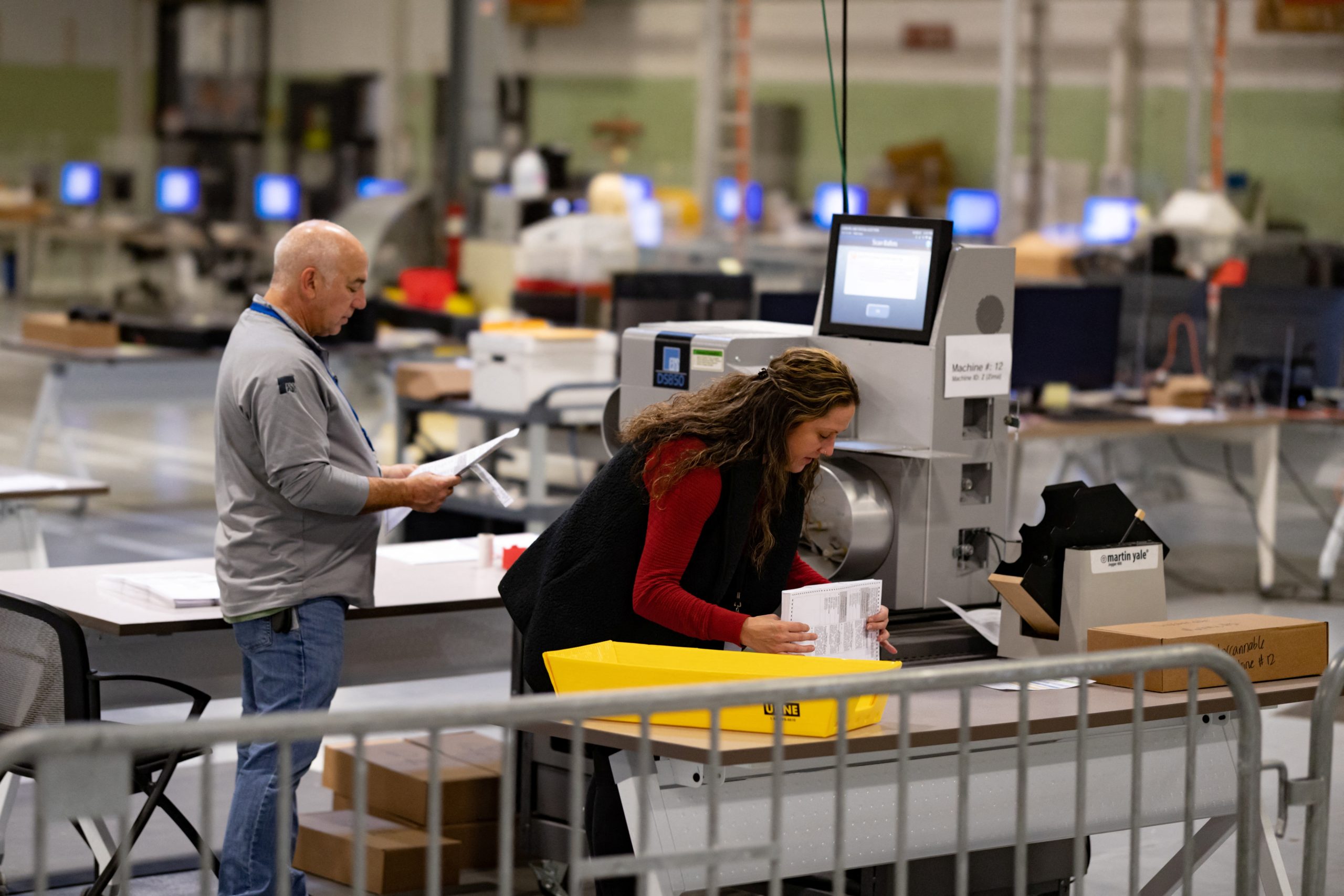
Ian Patrick, FISM News
[elfsight_social_share_buttons id=”1″]
The push to lower the legal voting age found another victory in the city of Boston on Wednesday, November 30, as the Boston City Council approved a petition to allow voters as young as 16 to participate in municipal elections.
The petition, which allows the younger demographic to vote pending certain state requirements, passed with a 9-4 vote and now moves to the Massachusetts Legislature according to the Boston Globe. However, its fate in the state legislative body may already be dead on arrival.
Similar petitions were approved by the city councils in Cambridge and Somerville but did not make it past the Massachusetts House of Representatives.
City Councilor Kenzie Bok supported the Boston council’s decision, telling the Boston Globe that the chance to vote while young could lead to a habit of participating in all kinds of elections. “Having the opportunity to vote is what gives our 16- and 17-year-olds a chance to engage meaningfully,” Bok is quoted as saying.
Others said most states already allow 16-year-olds to legally work and get driver’s licenses, so it makes sense to allow them the opportunity to vote.
Chuck Corra, the associate director of coalitions and policy research at Generation Citizen, said not allowing the younger demographic to vote “comes back to taxation with representation in its purest form.”
Corra also cited the fact that lower voting ages are becoming more popular nationwide. This is especially true in progressive states and cities. Some cities in California and Maryland have adopted similar voting age measures, allowing voters as young as 16 to participate in municipal elections.
Those against the measure tend to argue that lowering the voting age below 18 doesn’t make any sense.
Paul Craney, spokesperson for the Massachusetts Fiscal Alliance, remarked that the petition essentially asks “adults to weigh their ballot compared to children.”
“I’m all for 16- and 17-year-olds going to volunteer for campaigns. I’m all for getting them immersed in the democratic process. But I think there is a big, distinct difference [between that and] throwing ballots in front of them and asking them to make these decisions when they’re minors,” Craney added according to the Globe.
The Heritage Foundation’s Hans von Spakovsky added to the counterargument, calling the effort “a foolish, cynical move by Boston and other jurisdictions.”
Spakovsky told Just the News that 16- and 17-year-olds are treated as minors under most laws “because we as a society have judged that they have not yet developed the experience and judgment to make” certain decisions.
Those under the age of 18 are still not allowed to vote in federal or state elections, but that’s not without any attempts to make it happen. Last year, Rep. Grace Meng (D-N.Y.) introduced a proposal seeking to amend the Constitution to allow voters as young as 16 to participate in federal elections.
Even the massive Congressional For the People Act contained a provision that would have lowered the voting age for federal elections to 16. Despite passing the House, the For the People Act was filibustered by Republicans in the Senate.
